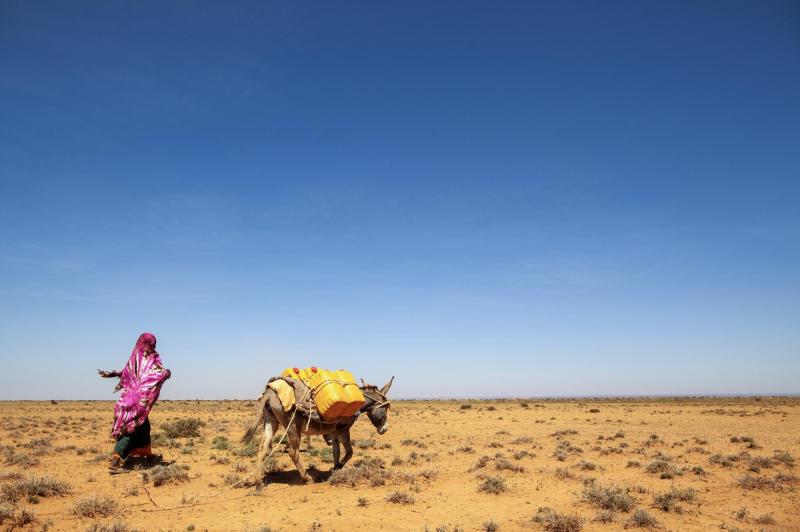Somalia: Anticipatory Action in Advance of 'Wicked Crises'
This recent study from SPARC offers insights from a real-time study of people’s lives in Somalia during 2020–2022, looking at how crisis-affected people take their own anticipatory action.
In 2020, a SPARC research programme used the advance warnings of a possible drought in Somalia to set up a panel of farmers and pastoralists to analyse how crisis-affected people take their own anticipatory action. The outcomes of this study offer a way of understanding how support can best be offered as crises threaten, and what are the windows of opportunity for doing so.
This report looks at the timing of the humanitarian sector's strategies, and at the rationale behind people’s anticipatory strategies earlier in the crisis trajectory in three sites in Somalia: Somaliland, Puntland and the Middle Shabelle Region in the south. It is not an analysis of any anticipatory projects implemented in the country. Its key messages are:
It is much more difficult than would be hoped to find viable anticipatory action that people could have taken to mitigate the developing crisis in Somalia in advance. There were rational reasons why people didn’t take actions which may seem to have been good ideas to outsiders with hindsight.
The main constraint was the lack of alternative strategies made available by the local economy. Investing in supporting such opportunities over longer timeframes will create opportunities for people to find their own anticipatory action, and (but only secondarily) more opportunities for agencies to offer assistance for anticipatory action.
As each rainy season approached, people were planning for reasonable rains, even though there were seasonal forecasts indicating a likelihood of poor rains. Our interviewees’ information networks were well developed but ensuring that reliable and trusted seasonal weather forecasting is integrated into their planning will be a prerequisite for supporting their anticipatory action.
The crisis took a wide variety of trajectories in different places, and people’s livelihoods followed a myriad of paths through it. Support for a wide variety of strategies or programming cannot best be organised and managed as a single anticipatory action instrument with a single funding mechanism and one common trigger in the context of ‘wicked crises’.
